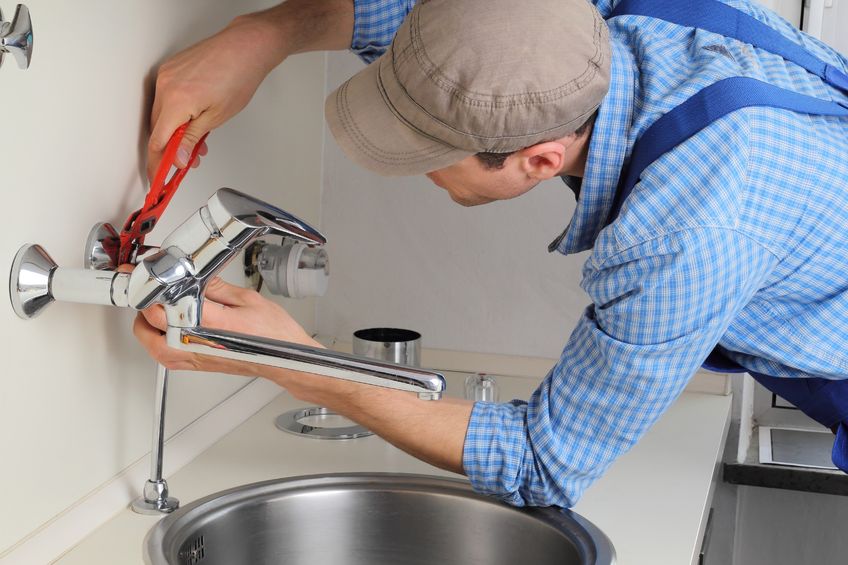Few household issues are as upsetting or potentially costly as a plumbing emergency. And if taking just a couple of minutes to read a few hundred words could help you avoid three serious plumbing problems, there is no reason not to read one and take some mental notes.
Burst Pipes
When the temperature drops below 20 degrees, your home’s water lines are at risk of freezing. When the water in the pipes begins to freeze, the molecules expand and exert extreme pressure on the pipe’s wall. The ice blockage and the closed faucet trap the remaining water until the entire capacity of the pipe freezes and cracks or even shatters the waterline. Unfortunately, you might not be aware of the issues until the temperature rises, and the ice reverts to water and begins to leak from the damaged pipe.
There are several steps that you can take to avoid this disaster. For water lines in the garage or outbuildings, keep the doors closed to maintain as much heat as possible. And leave the faucet dripping to allow for the expansion of the water if it freezes. For water lines in your home that might experience colder temperatures, keep cabinet doors open to allow heat to circulate under sinks. And again, leave the faucets dripping to prevent damage from expansion. If you plan to be away from home when a cold snap could hit, do not turn off your furnace. Leave it set at 55 degrees or higher. And open cabinet doors to keep the pipes under the sinks from freezing.
A Water Leak In Your Home
Water damage is one of the most common homeowner’s insurance claims. Even a small leak that is undetected can create massive water damage. In addition, leaks left unrepaired are responsible for thousands of dollars in mold and mildew contamination and damage. The best way to avoid water damage from hidden leaks or visible leaks is regular home maintenance. Invest the time to walk through your home and inspect water lines, drains, fixtures, and appliances that use water. Do more than just look for puddles of water. Check the condition of the hoses running to your dishwasher, clothes washer, and refrigerator water dispenser. As they age, these hoses get brittle and can easily crack. Also, look for pipes and fixtures with excessive corrosion or water stains. There are hints of a more significant issue to come. Take proactive steps to eliminate potential leaks and avoid a costly repair bill or a frantic call to your insurance company.
A Failed Sump Pump
If your sump pump fails, you will not know it until it is too late. However, if you are proactive and inspect and test your sump pump, you can avoid this costly mistake. Clean the water intake on the pump as needed and check the plug to ensure the pump has power. And regularly dump a bucket of water into the sump pit to ensure that the float valve is functioning and activates the pump to remove the water. If the pump fails, makes odd sounds, or is slow to remove the water, have it serviced immediately. You never know when you will need it to protect your home from a flood.
With a bit of help from the team at Professional Home Doctors, you can invest a small amount in addressing minor issues before they turn into very costly major plumbing emergencies. Call (928) 597-1690 for all of your plumbing needs, from sump pump service to replacing corroded water lines to avoid more expensive repairs in the future.

